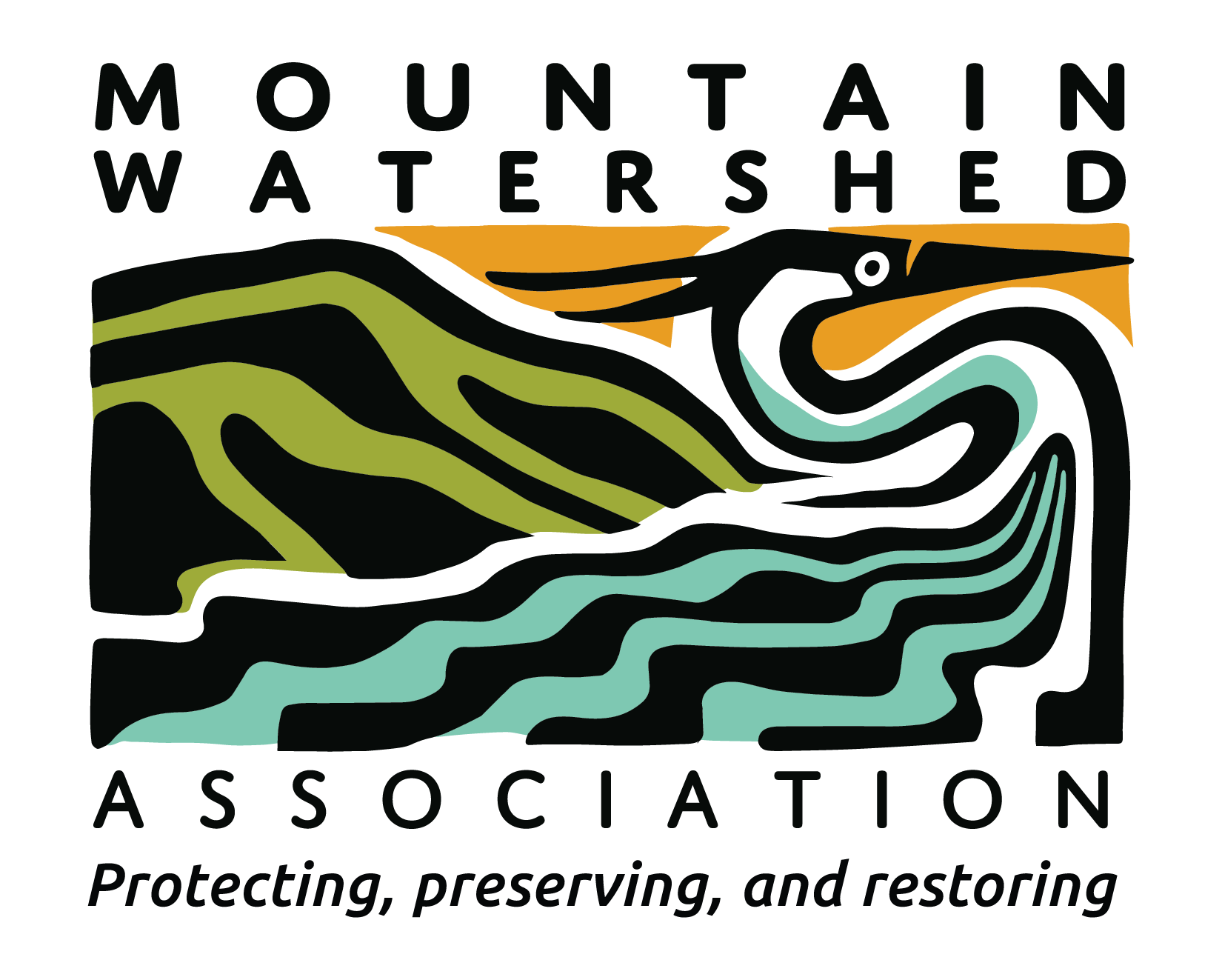Mountain Watershed Association participated in the Community Impact Summit hosted by the Center for Coalfield Justice this past weekend. During the Drilling & Mining Panel, we discussed some challenging questions about cumulative impacts of drilling and mining activities in our region alongside the FracTracker Alliance and the Pennsylvania Department of Environmental Protection. Flaws in the systems created to regulate these industries have had serious negative consequences for communities where these activities are permitted. At the summit, we identified some of these problems and discussed ways to minimize the impacts.
A major concern is the impact mining and drilling have on our water supply. Over 5,000 miles of Pennsylvania’s streams and groundwater are impacted by abandoned mine drainage (AMD) as a result of our long history with the coal industry. Watershed associations have spent many years and millions of publicly funded dollars on their tireless work to remediate AMD problems—while new permits are still being issued. As of August 2015, the DEP identified 260 cases in the last 8 years where they determined that a private water supply was impacted by oil and gas activities. Impacts from extraction are documented and very real for the many Pennsylvania residents who no longer have access to clean drinking water or healthy streams.
The DEP defines an environmental justice (EJ) area as “any census tract where 20 percent or more individuals live in poverty, and/or 30 percent or more of the population is minority.” We pointed out that special consideration and increased public discourse should also be given to communities that are already heavily impacted by extractive industries, either currently or from past damage. As the geological formations of Marcellus shale and bituminous coal are similarly situated, many communities in southwestern Pennsylvania have been dealing with impacts from both industries. Still, DEP separately reviews permit applications for each activity and does not take into consideration cumulative impacts as part of the permit review process.
At MWA, we know firsthand that past damages should prohibit additional extraction but that isn’t always the case. Even though we have invested millions in state and federal funds to restore 11 of the worst discharges in the Indian Creek Watershed, DEP is currently considering an application for a deep mine in the Indian Creek watershed . If approved, additional discharges would likely occur in an area that has already been heavily impacted— the 125 square mile Indian Creek watershed already contains over 130 mine drainage discharges. Allowing DEP to operate in a vacuum, where cumulative impacts are not considered, is costing the public our clean streams, pure air, and healthy environment. Increased public discourse, like the conversations that occurred at the Community Impact Summit, is a first step to ensure that impacts on our communities are minimized.

